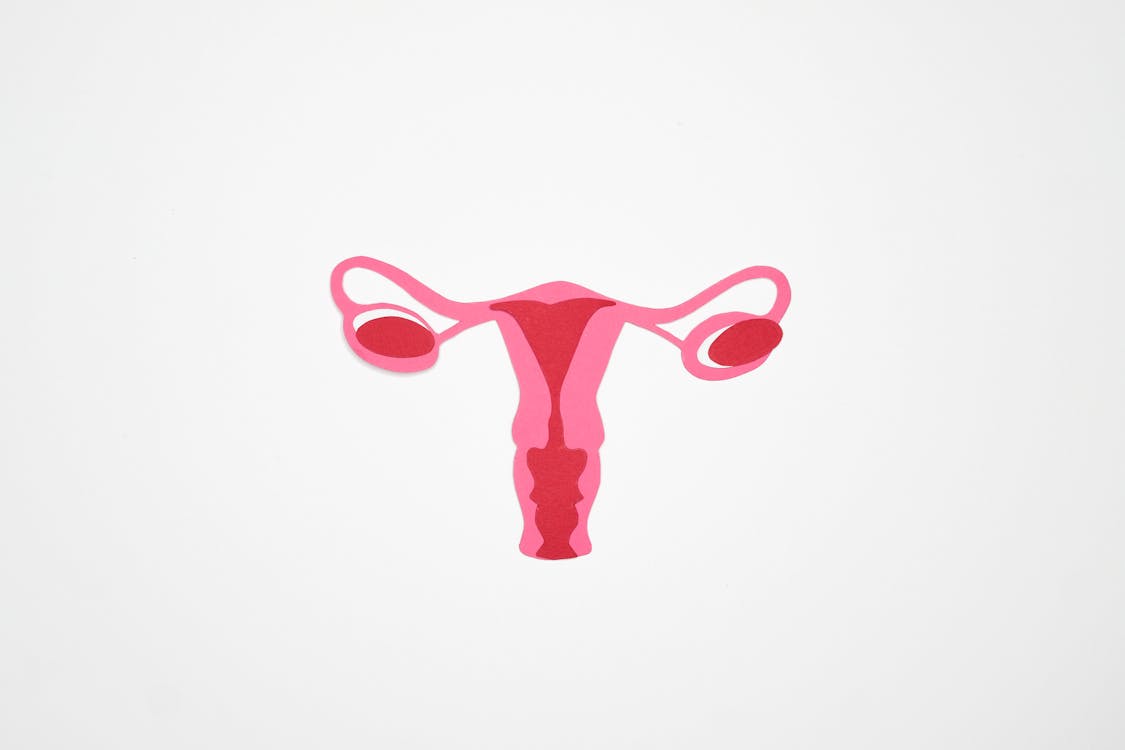
POLYCYSTIC OVARIAN SYNDROME (PCOS)
A polycystic ovary simply means an ovary with multiple cysts. Cysts are fluid filled sacs. The cysts themselves are harmless but the condition affects hormones in the body which results in menstrual irregularities, acne, increased body hair (hirsutism), hair loss and infertility. It also increases risk of other medical conditions like hypertension, diabetes and even uterine cancer.
WHAT HAPPENS IN PCOS?
The hormonal imbalance that characterizes this condition is because of the excess production of the hormone, androgen by the ovaries resulting in an imbalance in the female reproductive hormones. Not everybody with this condition have cysts in their ovaries.
AT WHAT AGE DOES PCOS OCCUR?
Anytime after the onset of puberty, however most of the diagnosis is in people trying to get pregnant, mostly those in their 20s and 30s.
HOW COMMON IS PCOS?
In Nigeria, it is estimated that PCOS affects about 1 in 6% dealing with infertility. WHO estimates that about 116 million women suffer from PCOS world wide.
COMMON SIGNS AND SYMPTOMS OF PCOS
- Menstrual Irregularities. This includes a delay in the onset of menarche which is the first period a girl has. Menstrual irregularity can also present as infrequent periods (oligomenorrhea) or absent menstruation (amenorrhea).
- Acne
- Abnormal hair growth. Increased growth of hair on chin, chest, abdomen, arms.
- Male pattern baldness.
- Hyperpigmentation. This is known as acanthosis nigricans. There’s darkening of areas with folds of skin like armpit, neck, groin and under the breasts.
- Infertility.
- Obesity.
WHAT CAUSES PCOS?
The exact cause is PCOS is currently unclear, however some risk factors have been identified. These includes:
- Family history
- Obesity
- Insulin resistance
- Early production of the hormone, androgens in childhood.
COMMON CONCERNS ABOUT PCOS
HOW DOES PCOS CAUSE INFERTILITY?
During ovulation, the ovaries releases an egg. In a 28 day cycle, this is around the 14th day. In PCOS, the sacs that contain the eggs, called follicles are poorly developed and are unable to release the egg. This means that ovulation will not take place. If no egg is released, fertilization cannot occur.
CAN PEOPLE WITH PCOS GET PREGNANT?
The answer to this common question is yes! PCOS does however increase the risk of some pregnancy related complications like gestational diabetes, hypertension or pre-eclampsia. These conditions in turn increases risk of having a preterm birth or delivery via a caesarean section. Despite this, many women with PCOS are able to have a successful pregnancy.
WHAT CAUSES FACIAL HAIR IN PCOS?
In PCOS, the male hormone androgen is increased. This is responsible for the facial hair, male pattern baldness and even deepening of the voice in some females.
CAN PCOS BE TREATED?
There are several treatment options to manage the symptoms of PCOS but a cure is not yet known. With these medications, the menstrual irregularities can be stabilized and a woman can get pregnant. Other symptoms due to insulin resistance and increased androgen can also be managed.
IS IT A LIFELONG CONDITION?
The symptoms of PCOS have been reported to resolve in the post-menopausal period
HOW DOES DIET AND LIFESTYLE HELP?
There’s a correlation between BMI and PCOS. A sizeable number of women with PCOS have been found to be overweight or obese. It is for this reason that people with PCOS are advised to work on losing weight and eating a healthy, balanced diet. It is better to cut down on foods like refined carbohydrates which worsens inflammation. Inflammation increases the risk of diabetes, heart disease and even cancer. People with PCOS already have an increased risk for these conditions. Also, decrease salt intake while increasing water intake. It is best to avoid foods like red meat and processed meat. Foods like whole grains, whole fruits, non starchy vegetables, beans and foods rich in omega 3 fatty acid are recommended.
CONCLUSION
The symptoms of PCOS ranges from mild to severe and it can significantly impact a woman’s life. If you have PCOS, you do not have to live with the symptoms. Seek for help from a licensed medical professional, preferably a gynaecologist even if you are not planning on getting pregnant as other symptoms can be just as troubling.